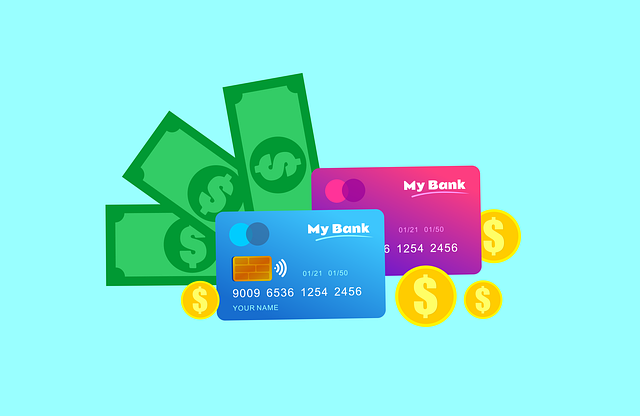Debt consolidation in South Africa simplifies multiple debts into a single loan with lower interest rates from top banks like Absa, FNB, Standard Bank, and Nedbank. To qualify, individuals need financial stability and multiple debt obligations, verified through financial statements. Good credit scores increase approval chances, and collateral may secure more favorable terms. This approach offers clarity with fixed monthly payments, better budgeting, reduced strain, and faster debt repayment.
Looking to simplify your financial obligations? Consider debt consolidation, a strategic approach to managing and reducing multiple debts with a single loan. This article guides you through the process of consolidating your debt in South Africa. We’ll explore the benefits of this method, from improved cash flow to lower interest rates. Learn how to qualify for consolidation loans offered by top banks nationwide, helping you make informed choices towards financial freedom.
- Understanding Debt Consolidation: Unraveling the Concept and Benefits
- How to Qualify for a Debt Consolidation Loan in South Africa
- Top Banks Offering Debt Consolidation Loans: A Comprehensive Guide
Understanding Debt Consolidation: Unraveling the Concept and Benefits

Debt consolidation is a strategic financial move that involves combining multiple debts into a single loan with a lower interest rate. This approach simplifies repayment by making it easier to manage and potentially saving money in the long run. By consolidating your debts, you can bid farewell to the hassle of paying several lenders and say hello to a more manageable repayment schedule.
The benefits are numerous; it offers clarity by consolidating all your debts into one fixed monthly payment, which helps in better budgeting. Additionally, lower interest rates mean less financial strain, allowing you to pay off your debt faster. Debt consolidations loans from top South African banks provide an opportunity to gain control over finances and ultimately free yourself from the burden of multiple repayments.
How to Qualify for a Debt Consolidation Loan in South Africa

To qualify for a debt consolidation loan in South Africa, individuals must meet certain criteria set by lenders. The primary requirement is having multiple debts that require repayment, typically from various sources like credit cards, personal loans, or store cards. Lenders assess your financial health by considering factors such as income stability, credit history, and existing debt obligations. A good credit score can significantly increase your chances of approval, as it demonstrates responsible borrowing behavior.
Applicants should also have a stable source of income to ensure they can comfortably make the regular loan repayments. Lenders will review your financial statements to verify your income and assess your ability to repay the consolidated loan. Additionally, lenders might require collateral, such as a vehicle or property, to secure the loan. This step is taken to mitigate risk and offer more favorable terms, including lower interest rates.
Top Banks Offering Debt Consolidation Loans: A Comprehensive Guide

South Africa offers a range of top banks that provide debt consolidation loans, making it easier for borrowers to manage their debts effectively. When considering a debt consolidation, these financial institutions play a crucial role in simplifying the process and offering competitive options tailored to individual needs. From Absa Bank to First National Bank (FNB), Standard Bank, and Nedbank, each bank has its unique features and benefits for debt consolidations loans.
Absa Bank, for instance, stands out with its comprehensive financial solutions, including personalized debt consolidation plans. FNB offers flexible repayment options and competitive interest rates on their loan products. Standard Bank caters to various debt consolidation needs with customizable packages, while Nedbank provides accessible online applications and quick turnaround times. Understanding the offerings of these top banks allows borrowers to make informed decisions when consolidating their debt, ultimately leading to financial stability and better management of finances.

